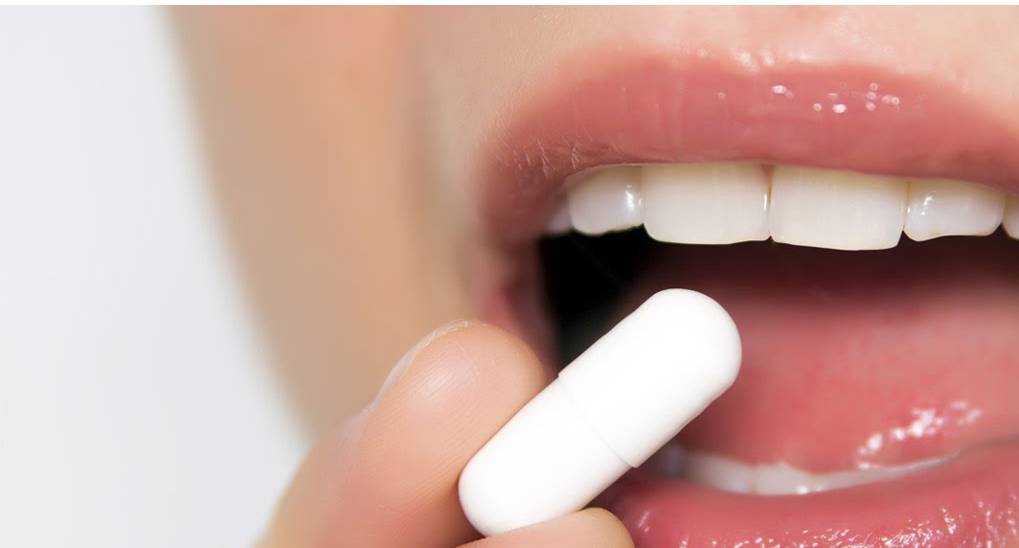Acne treatment oral antibiotic - Explained by Dr. Yeung Ho Hong(楊浩康)

Acne is a common skin disease with a variety of treatments, including not only topical medications, but also oral antibiotics, oral contraceptives, oral isotretinoin, and other aesthetic procedures. Antibiotic therapy plays an important role in acne management, especially for moderate to severe acne, and is often combined with topical and systemic treatments for optimal efficacy.
In acne treatment, the first step is to choose an appropriate treatment plan based on the condition. Acne treatments can be categorized as follows:
- Topical treatment
- Oral antibiotics
- Oral contraceptives
- Oral isotretinoin
- Other treatments
Treating acne requires patience and consistency. Most medical literature and clinical guidelines recommend that patients complete at least three to six months of treatment and maintain close communication with their dermatologists during the treatment period to adjust the dosage and regimen of medication.
Patients with mild to moderate acne usually start with topical ointments, such as antibiotics (such as Clindamycin), benzoyl peroxide, and topical vitamin A acid (such as adapalene). In patients with more severe acne, doctors may use oral antibiotics, such as erythromycin or doxycycline, in combination with topical ointments.
Antibiotics generally need to be taken for at least two months and continue until there is no further improvement. Some patients will stop taking antibiotics one to two weeks after they start taking antibiotics, which will affect the treatment effect. Treatment of acne requires patience, and most patients need to take a course of treatment lasting three to six months.
Some antibiotics will make the patient's skin more sensitive to sunlight, causing inflammation of the skin after exposure to sunlight, so you should usually protect yourself from the sun. If you are planning to become pregnant or are pregnant, certain oral antibiotics cannot be taken because it will affect the growth of BB.
The doctor will decide how to cooperate with different ointments and oral antibiotics according to the severity of the patient's acne and personal tolerance. The most important thing is to maintain communication between the patient and the doctor, and jointly decide the most suitable treatment plan for the patient.
References.
1. Zaenglein, A. L., et al. (2016). "Guidelines of care for the management of acne vulgaris." Journal of the American Academy of Dermatology, 74(5), 945-973.
2. Sardana, K., & Garg, V. K. (2009). "Acne: New insights into pathogenesis and treatment." Indian Dermatology Online Journal, 1(2), 87-93.
3. Thiboutot, D., et al. (2009). "Acne vulgaris: pathogenesis and treatment." Mayo Clinic Proceedings, 84(3), 335-342.
